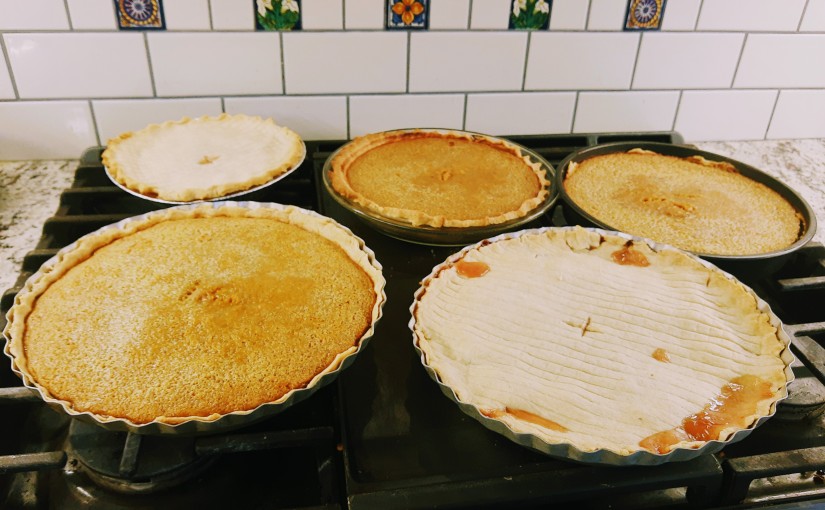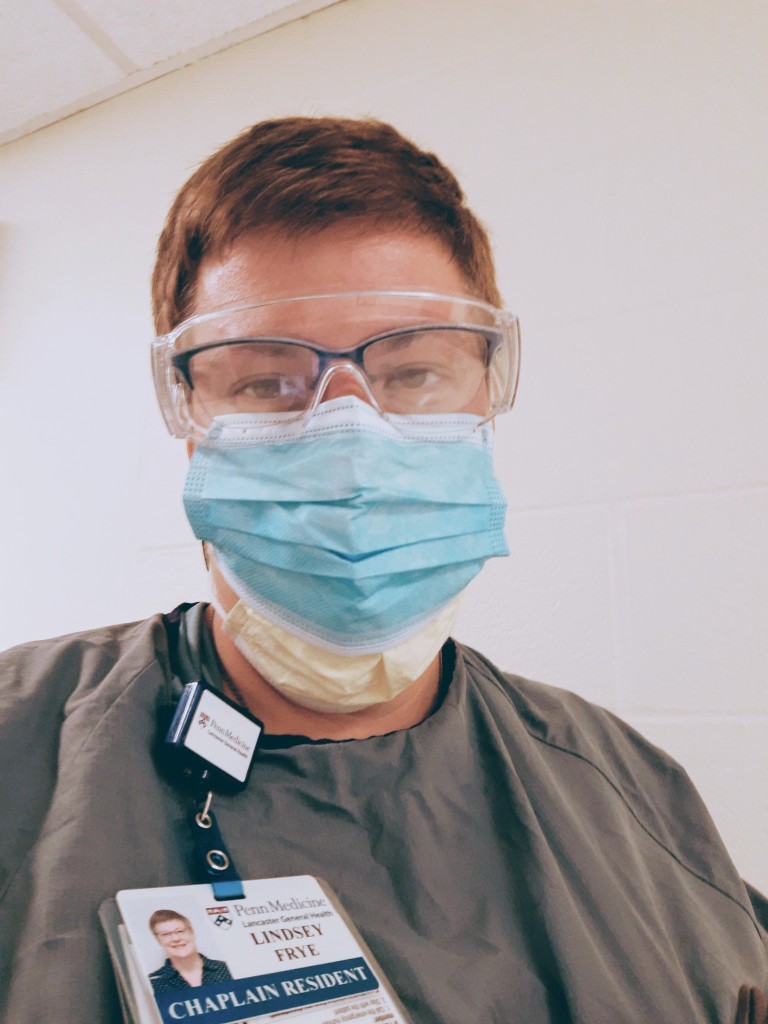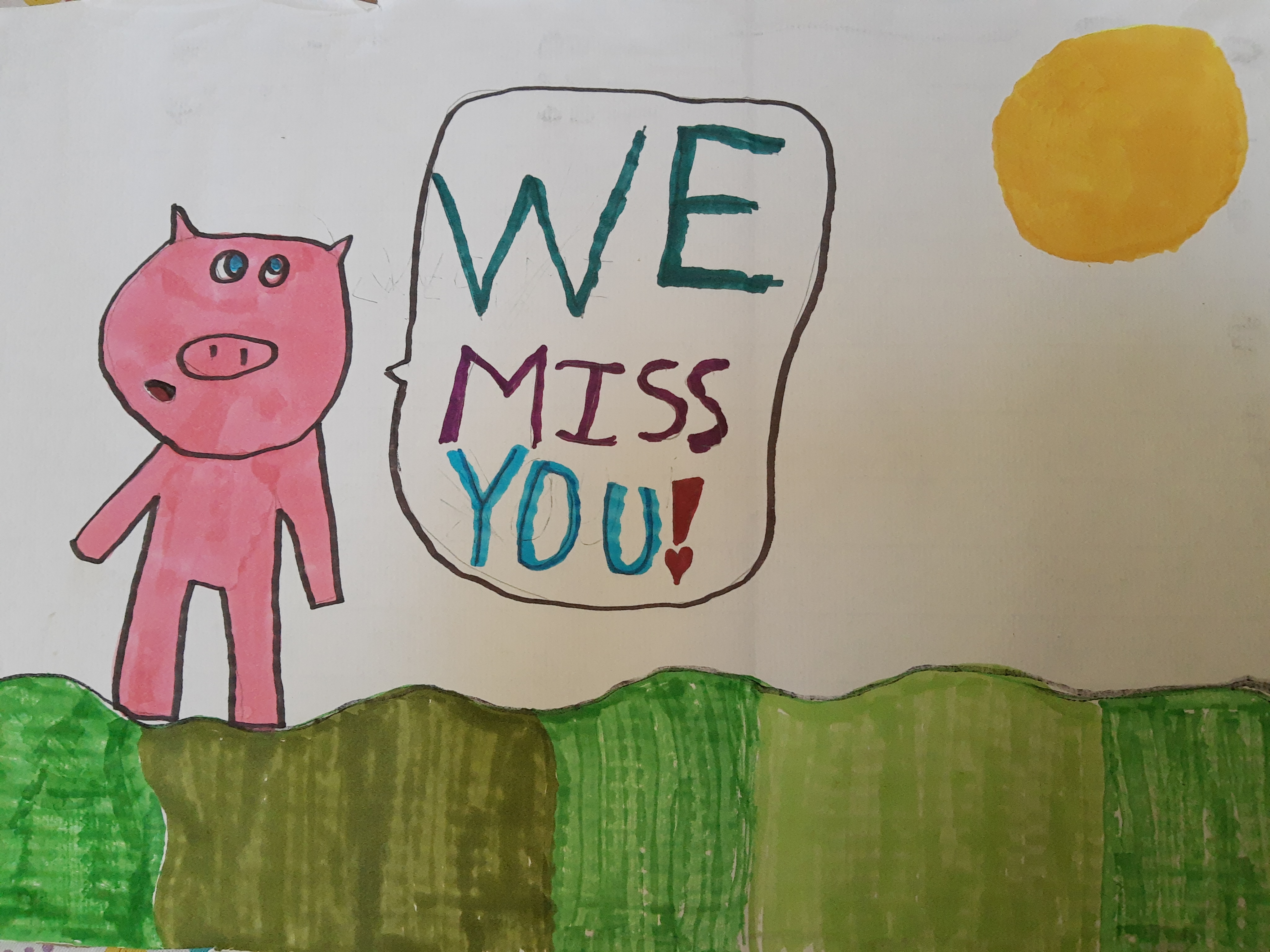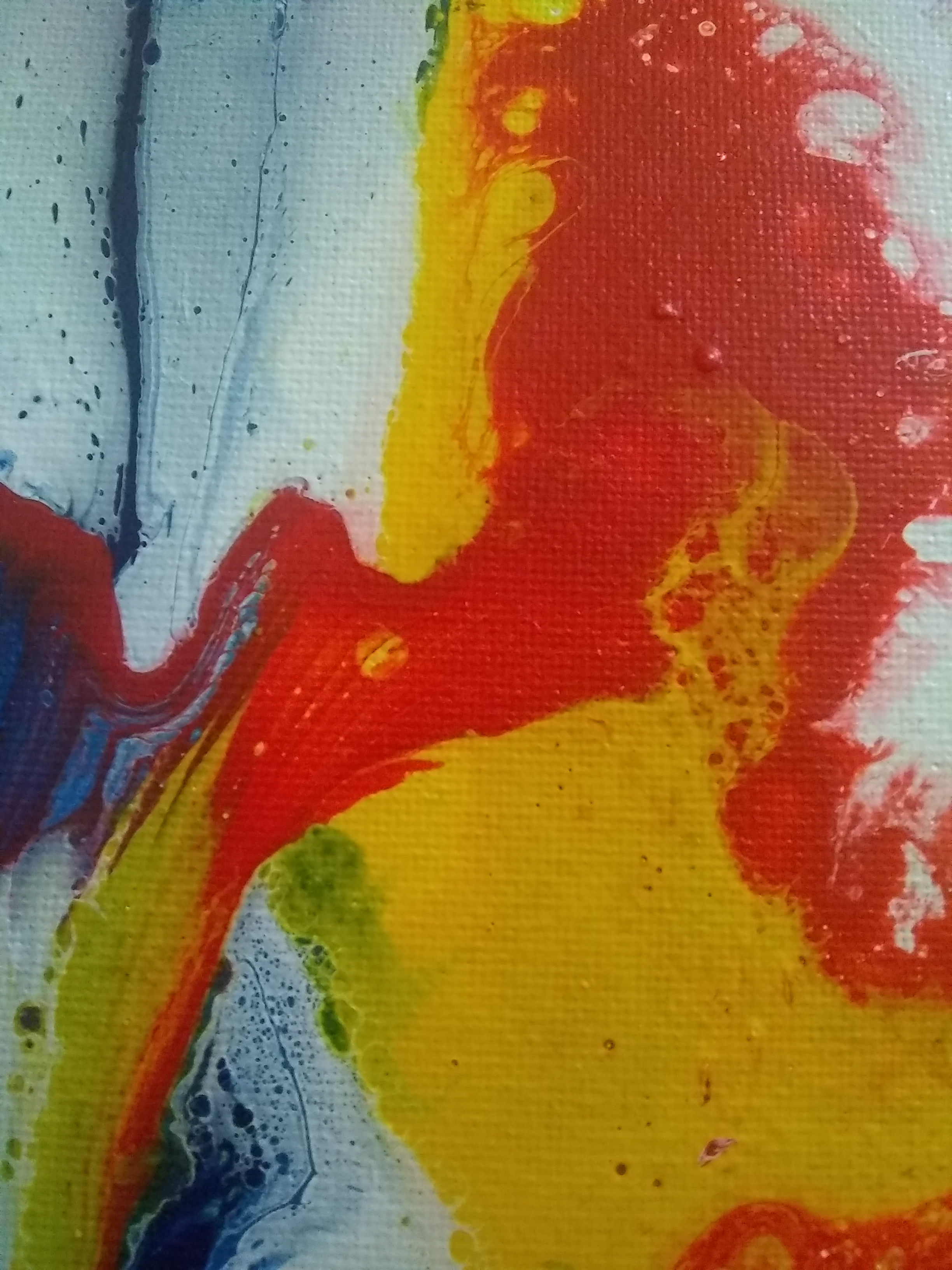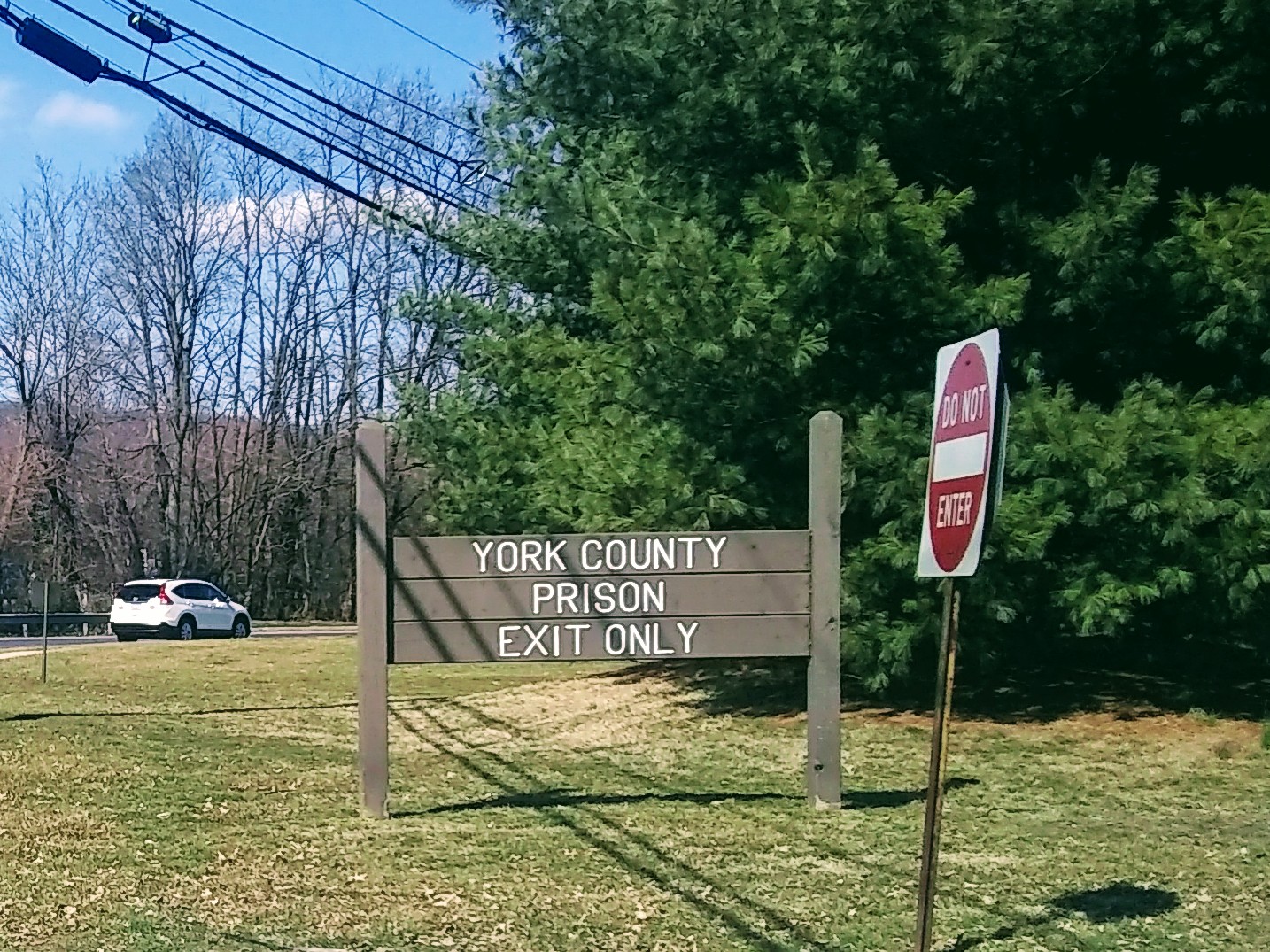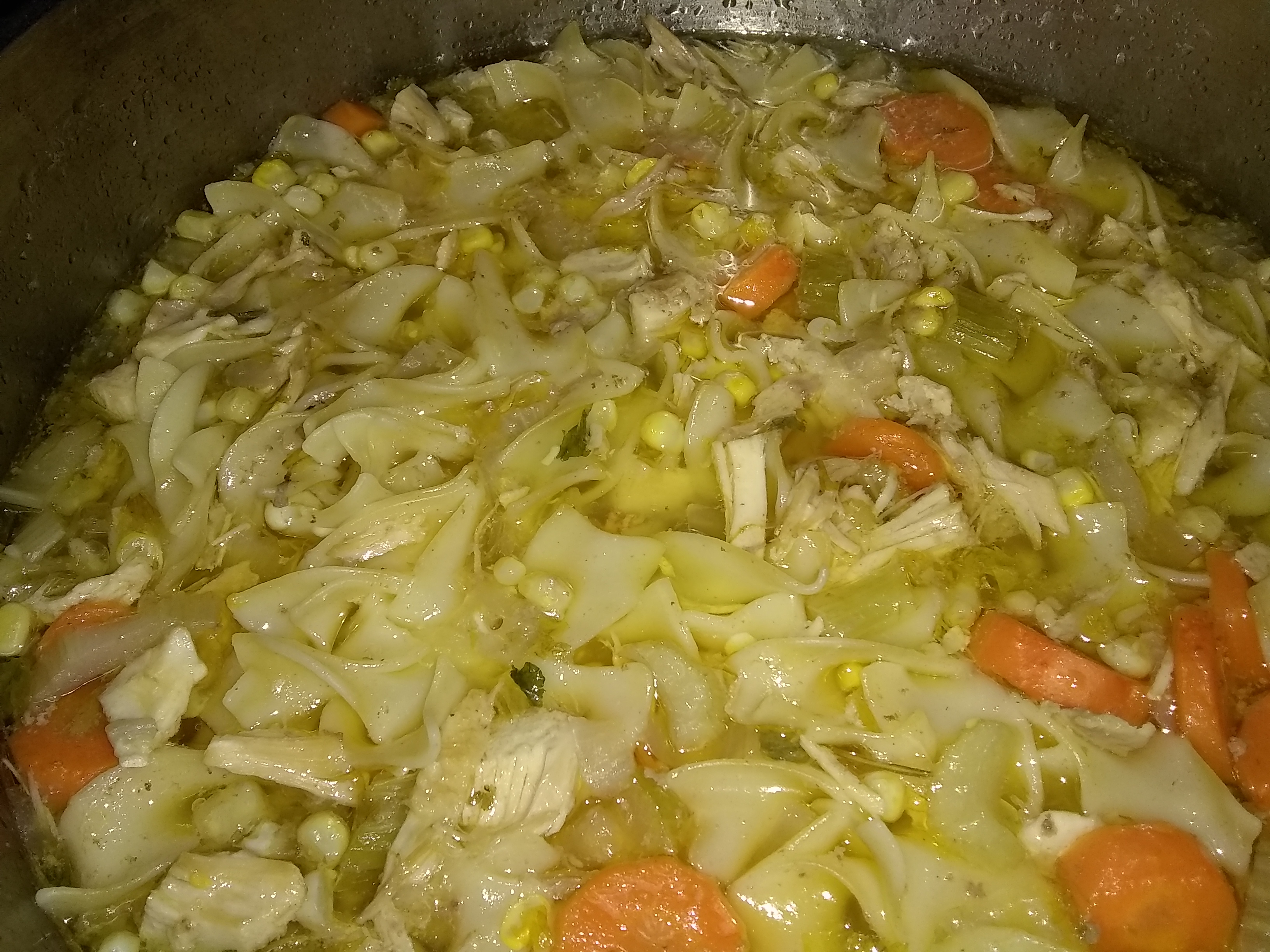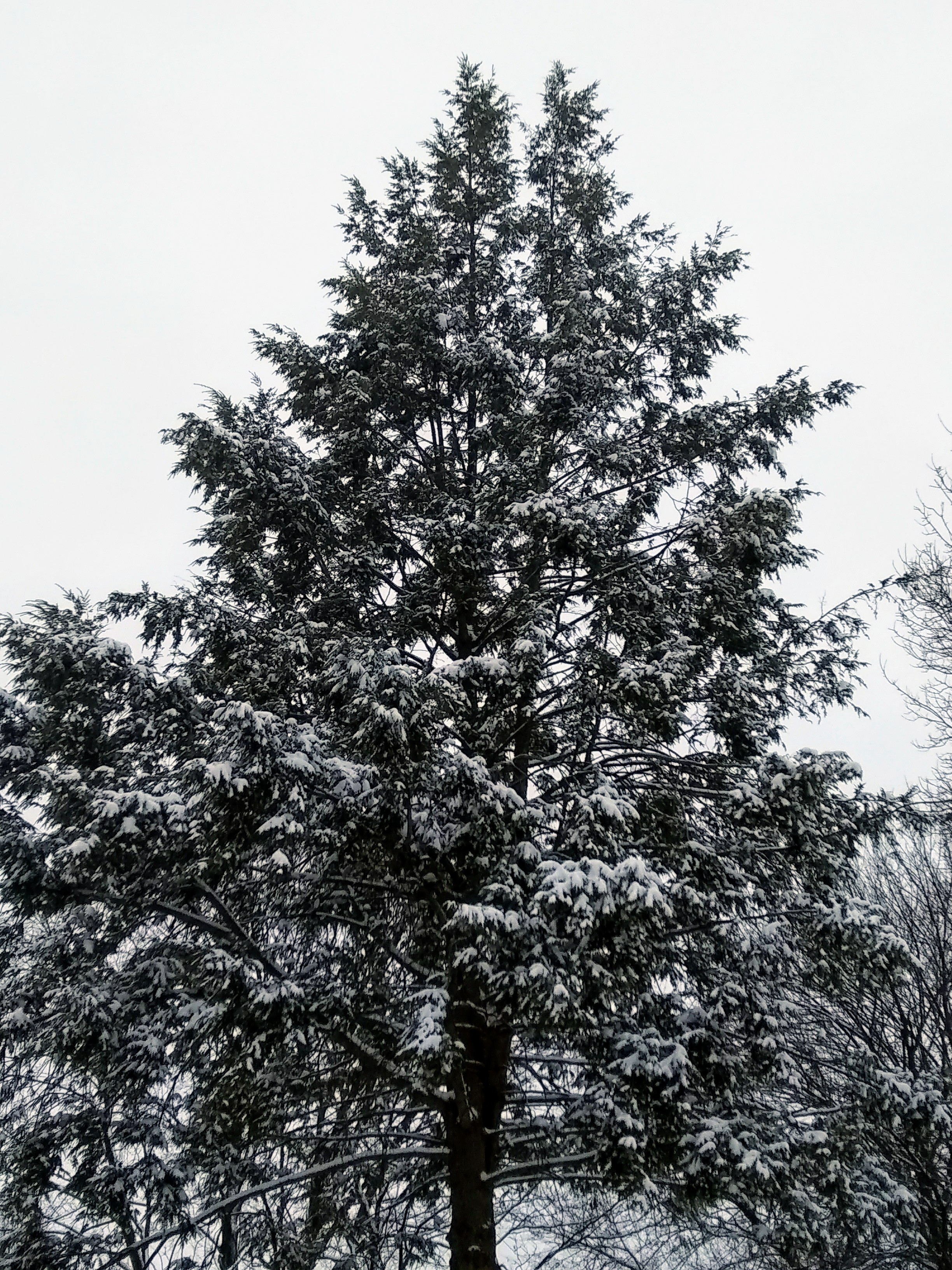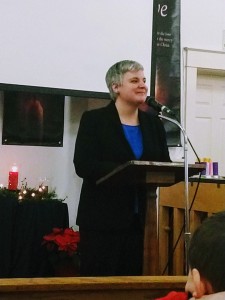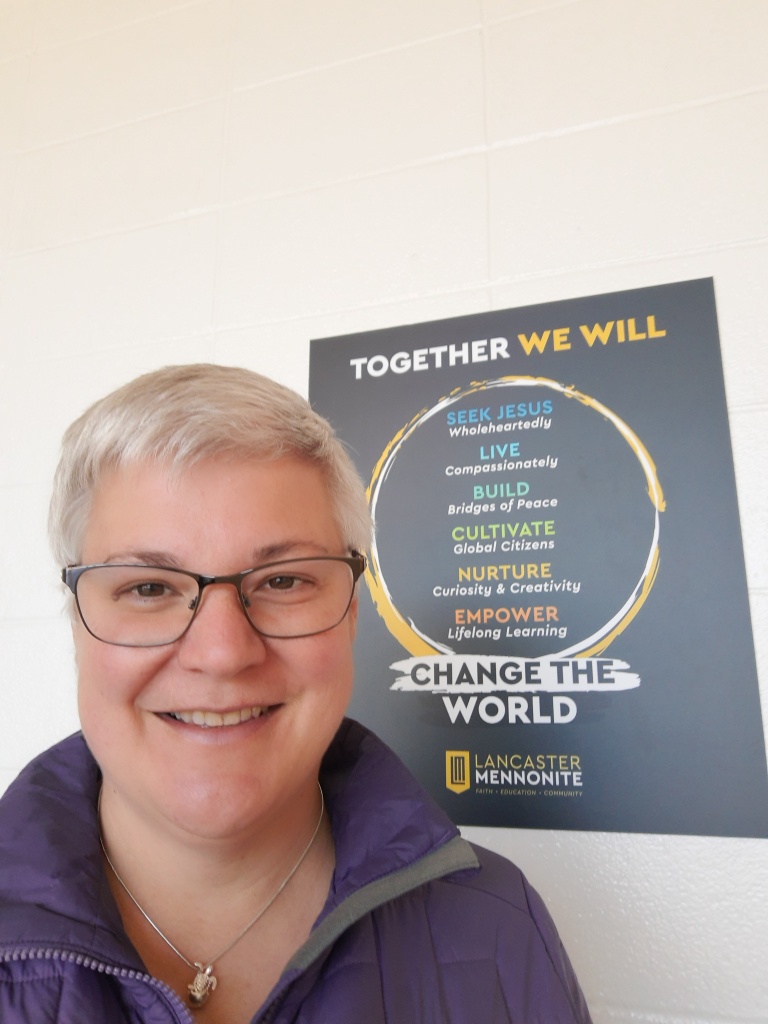
It’s good to be with you this morning, sharing a bit about my work giving spiritual care to folks at the end of their lives. I thought I’d start out by telling you a little about myself and how I got here.
When I was your age, I was pretty excited about Jesus and telling the world about him through evangelism. So at the age of 18 I left my home community in rural western pa and headed for Mexico City, the 3rd largest city in the world at the time, to do mission work. Where the metro train held more people during rush hour than the entire population of my town. I spent the summer serving in a church, engaging in street evangelism, and staying with a host family. I absolutely loved it. My young adult life was marked by travel and the kind of simple living that made traveling possible. Community living, renting a bedroom from friends in D.C. and living in rural Indiana for two years without a car. I also continued to deepen and wrestle with my faith. I found the map of salvation I thought understood so clearly as a teenager became more complex as I interacted with people of other cultures. It seemed an essential piece of my faith and growing to dialogue with people who were different from me. I have prided myself on feeling like and defining myself as revolutionary next to my family’s somewhat comfortable homogenous rural lifestyle. After three years of living in Bolivia, three years in Mexico, a cross state move to attend seminary, and other adventures, my family and I landed in Landisville Pennsylvania where we have been for the last four years. There are days when I wonder what the 18 year old version of me would say about the 41 year old. What I can say is that sitting with people as they enter the season toward life’s end is an adventure all in of itself. Once a pastor who listened to my story made a neat connection. “It’s curious you find yourself closest to God when you are traveling. And now you are called to visit with those who are in some ways making their final journey.”
Part of my discernment process was feeling a call to ministry, but not feeling particularly drawn to being a pastor. I began with an internship at Lancaster General Hospital. And during those years, I remember reading a great quote from a chaplain, Martha Jacobs, noting the distinction between a pastor and a chaplain. She says where a pastor operates within a particular theological framework, and they use that framework to create a particular kind of community. It’s almost like the theology is a container that gets built to support the community. A chaplain, on the other hand, is grounded in their own theology, but uses the theology of the patient they are ministering to, so that the patient might have access to their own spiritual expressions when they need it most. There is something about the wideness and depth of my understanding of the divine that really resonates with this posture. To use what I have been given by my rich Anabaptist faith community, but to also hold that lightly as I walk into the spiritual territory of others.
The word hospice has its origins in Greek, and it means both to host and to be a hosted. Its double meaning is such a good description of what I do. On one hand, I am completely at the mercy of my hosts when I arrive in someone’s home. I am an outsider in need of a place to put my bag, and a place to sit down. On the other hand, I get to create the spiritual space to have a conversation, hosting both the patients and their loved ones. Each meeting is as unique, but there are universal needs and themes that emerge.
When listening to a patient one morning talk about her belief in reincarnation, and her need to stop smoking before her life was over, I heard the deeper theme of what we call “unfinished business.” She said she didn’t want to be granted a lower status in her next life, and so she needed to wrestle this particular demon, because if she could, a higher status in the next life would be granted to her. I could see the spiritual strength of her resolve. Her ability to understand herself as bigger than her addiction. Her spirit as part of something larger than the boundaries of this life.
Another client when I arrived said, “you know, I”m more of an energy person when it comes to spirituality. Rather than bringing practices that were tied to a specific religion, she asked that I check in with her about the spiritual practices she already had going, like walking meditation, and participating in a drum circle.
One person said, “It’s not that I don’t believe in God, I’ve just never had an experience of God.” He was a musician, so we talked about the bands he had been a part of in his life, and the natural flow of groups who would come together and then fall apart. I asked him if he had a sense of what this cycle ending might be like for him and whether he had any reservations about it. He said, “how can I be afraid of something I’ve never experienced before?” I saw through this phrase the faith this patient didn’t even know he had. I saw a little sparkle, like his spirit shimmered. I knew I could entrust him into God’s care, and that he was at peace. The 18 year old version of me would have been eager to save his soul. The 41 year old me knows that God takes care of what happens after we die. My job as a chaplain is to be a vessel for God’s love in this world, to help people make sense of their lives, and to find connection with God no matter what is happening.
Sometimes patients leave us in stages, and their minds and personalities change to the point where loved ones can barely recognize them. Some patients I see suffer from dementia, where mood and thought processes can vary greatly from one visit to the next. In general, short-term memory is a challenge, but long-term memories can be quite vivid. I was working with another chaplain recently who specializes in working with dementia patients. It was fun to watch him interacting with our patient. Offering different thoughtful phrases. He said after the visit he likes to try a variety of things, “because you never know what’s going to land.” I knew what he meant, because I have seen it for myself.
The other day, when I entered the room for a visit, the patient seemed agitated. He asked me to position his blankets and pillows in a different way. When I asked him questions about what he might like from me, he seemed confused. Scripture, praying, singing? No answer. But when I started the phrase, “The Lord is my shepherd, I shall not want.” A smile spread across his face, and he began saying it with me from memory. Because reciting Psalm 23 was a part of his faith, there was a well-worn path in his brain that could make a connection with it. The scripture served to create a pathway home for him. After finishing with the phrase, “and I shall dwell in the house of the Lord forever, he said, “yes, thank you.”
It isn’t always so beautiful. Sometimes the journey toward life’s end is a bumpy one. One of the significant jobs I have as a chaplain is to talk with patients and families about their grief. Sometimes it takes the form of the things the patient wished they could have done. Other times it’s about family members and the hard work of letting go of their loved one.
I sat once with two sisters. One was dying of cancer, and they were both mourning how little time they had left with each other. They loved traveling together, and as they mourned all the trips they would never take, I asked them about their sense of the afterlife, and whether there was space to imagine that even though she couldn’t be a part of the trip physically, there might be a way that the dying sister could be present with the living one. They were intrigued by this idea and went on to make a list together of all the trips they would do. One sister here in the physical world, and the other from her place in the next life.
In my line of work we call this movable hope. Hope and connection shows up in each season of our lives, but the way hope and connection shows up can change. Finding that and reorienting oneself is a little like looking for signs of life in the middle of winter. Life is there, but it takes more time and attention to identify.
In closing, what I know from my experience is that God is present for every day of our lives on this earth. And death is simply the holy completion of the cycle of life. Even when there is suffering or loneliness or struggle, my job as the chaplain is to show up and stay present with whatever is there. Holding the post in the knowledge that God is there. Believing in the truth that in life and in death, everyone eventually gets what they need.
